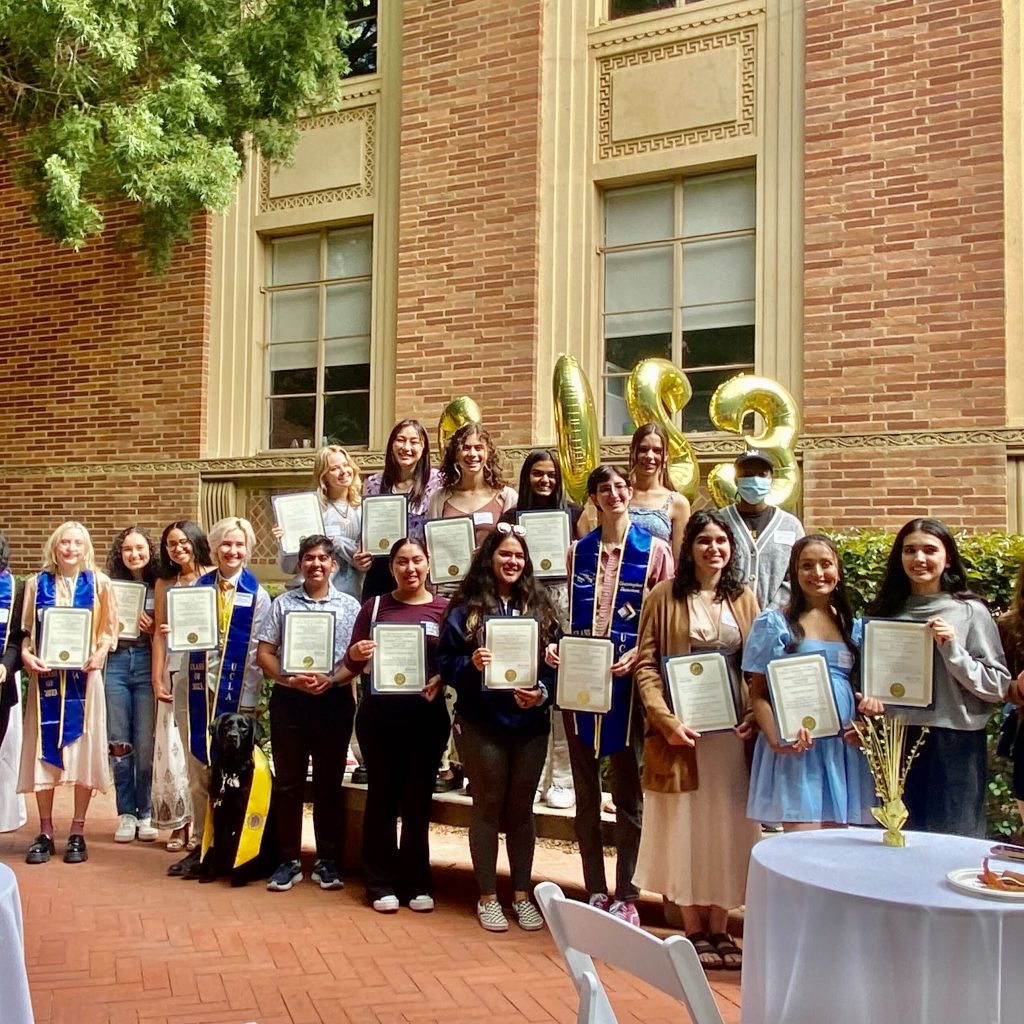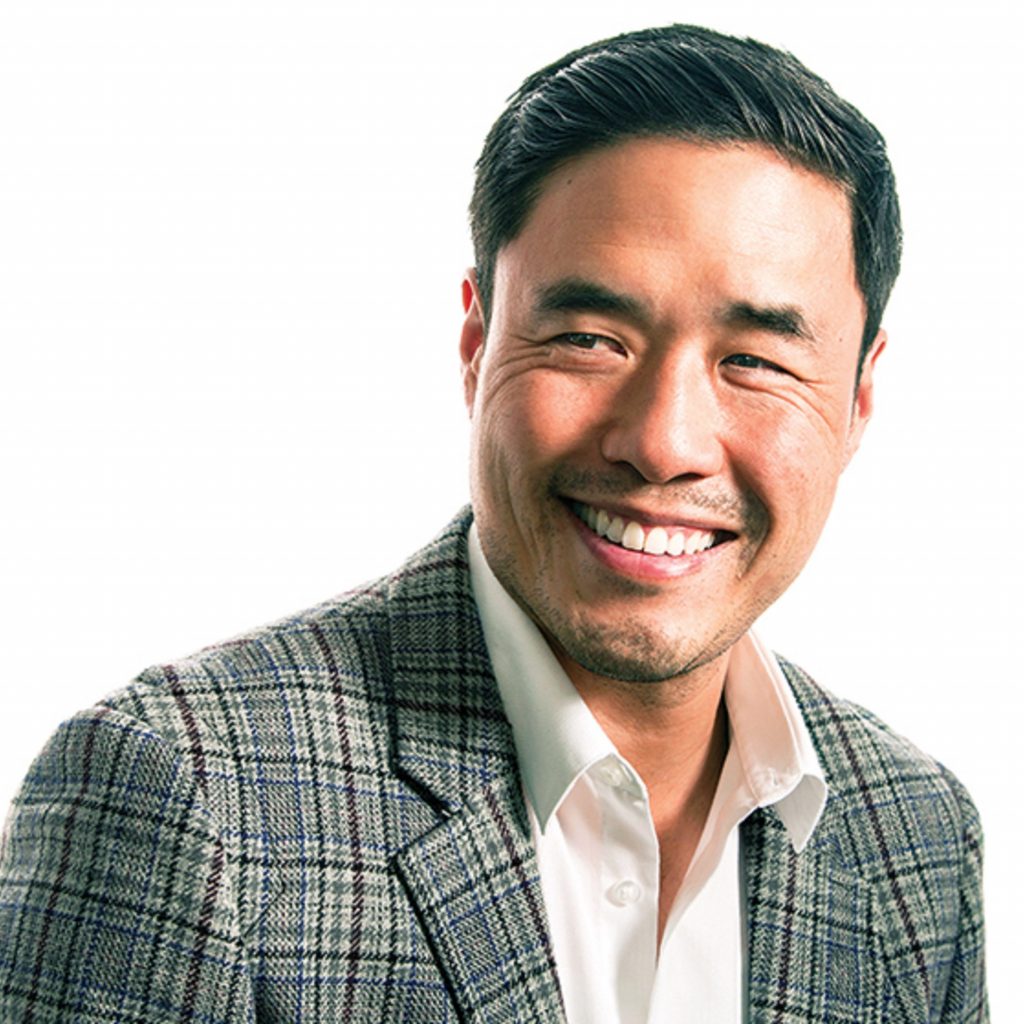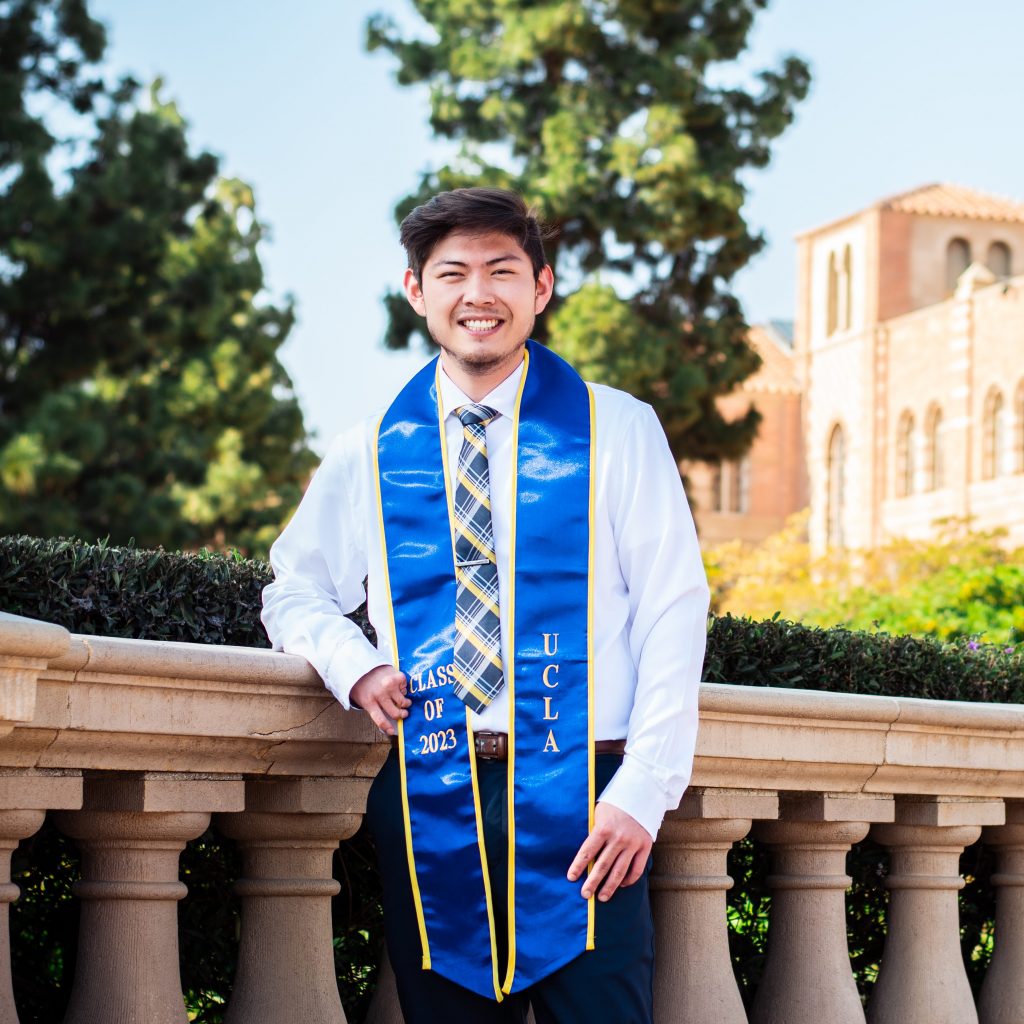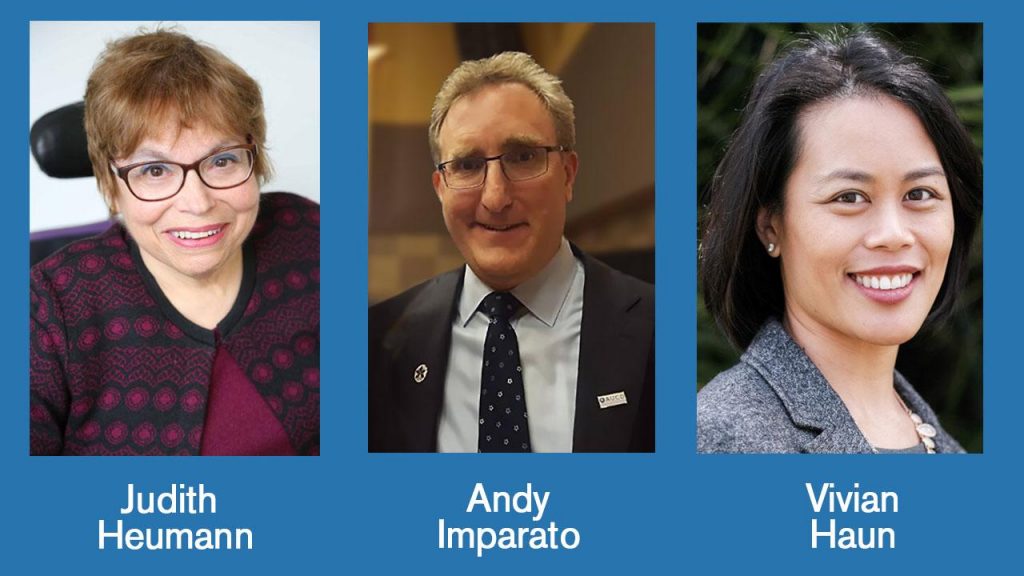
The Regents of the University of California, in partnership with the UCLA School of Nursing and the UCLA Disability Studies Program presented: Disrupting Ableism in Higher Education and Beyond.
The event had CART captioning, ASL interpretation, and was recorded.
View the recording below.
Judith Heumann is a lifelong advocate for the rights of disabled people. She has been instrumental in the development and implementation of legislation, such as Section 504, the Individuals with Education Act, the Americans with Disabilities Act, the Rehabilitation Act and the UN Convention on the Rights of Persons with Disabilities.
Her memoir, “Being Heumann: An Unrepentant Memoir of a Disability Rights Activist” co-authored by Kristen Joiner, was published in 2020. She is also featured in the Oscar-nominated documentary, “Crip Camp : A Disability Revolution“, directed by James LeBrecht and Nicole Newnham. Judy produces a podcast called “The Heumann Perspective“, which features a variety of members from the disability community.
Judy serves on a number of nonprofit boards, including the American Association of People with Disabilities, the Disability Rights Education and Defense Fund, Humanity and Inclusion and Human Rights Watch. She has 20 years of nonprofit experience working with various disability organizations, including being a founding member of the Berkeley Center for Independent Living. Prior to starting the Judith Heumann LLC, she served in the Clinton and Obama administrations.
Andy Imparato began work in February of 2020 as the Executive Director of Disability Rights California (DRC) after a high impact career in Washington, DC in disability advocacy and policy. DRC is the federally funded legal services agency that serves Californians with all disabilities across the age spectrum.
While in DC, Imparato served as the Disability Policy Director for Chairman Tom Harkin on the US Senate Committee on Health, Education, Labor and Pensions, as President and CEO of the American Association of People with Disabilities and as Executive Director of the Association of University Centers on Disabilities, among other roles. Since joining DRC, Imparato has worked in coalition to prioritize high-risk people with disabilities for vaccines, to improve vital programs and services for people with disabilities and older adults, and to prevent discrimination on the basis of disability and age in the context of crisis standards of care and healthcare rationing during the pandemic. In February, President Biden appointed Imparato to the Biden-Harris COVID-19 Health Equity Task Force, which is developing recommendations for the White House COVID-19 response team. Imparato grew up in Los Angeles and is a graduate of Stanford Law School. His perspective is informed by his lived experience with bipolar disorder.
Vivian Haun‘s experiences advocating for her brother, Brian, who has autism, sparked her passion for inclusion, equity and disability issues. After obtaining a master’s degree in Education Administration and Policy Analysis from Stanford University and a law degree from UCLA School of Law’s Public Interest Law and Policy Program, Vivian practiced special education law for several years. She also worked on special education policy at the California Charter Schools Association, where she helped charter schools build their capacity to serve students with disabilities and focused on implementation of California’s Competitive Integrated Employment Blueprint, which calls for stronger employment outcomes for students with intellectual and developmental disabilities.
Vivian is currently a Senior Attorney in the Intellectual/Developmental Disabilities Practice Group at Disability Rights California, where she works on a range of policy and legislative issues in collaborations with the I/DD community, including equity, accountability and systemwide change in the regional center system.
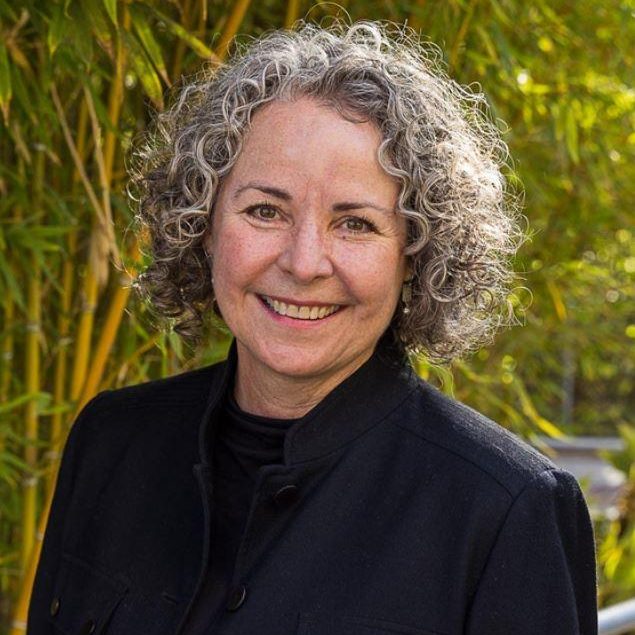
Lauren Clark is a public health nurse. Drawn to cross-cultural healthcare settings, she worked in Lame Deer, MT with Northern Cheyenne families, and then with Mexican immigrant families in southern Arizona and Denver.
After earning a master’s degree in community health nursing, she completed a PhD in nursing and earned post-graduate certificates in cognitive anthropology methods, medical anthropology and conflict resolution. Her research examines quality of life and barriers to high-quality healthcare encountered by indigenous, immigrant and disabled communities in daily life. As the mother of two adult children with developmental disabilities, she has advocated for access and equity for disabled people for years. As Shapiro Family Endowed Chair in Developmental Disability Studies at the UCLA School of Nursing, she leads educational initiatives in nursing and disability studies.
The Judith Heumann Regents’ Lecture has been made possible by the generous contributions from the following co-sponsors:
The Regents of the University of California
UCLA School of Nursing
UCLA Disability Studies
Special Thanks
This event could not happen without the support of our contributors and consultants:
Mike Fricano
Cierra Garney
Victoria Marks
Robin Migdol
Quinn O’Connor
Pia Palomo
Cherisse Watts
Lin Zhan
